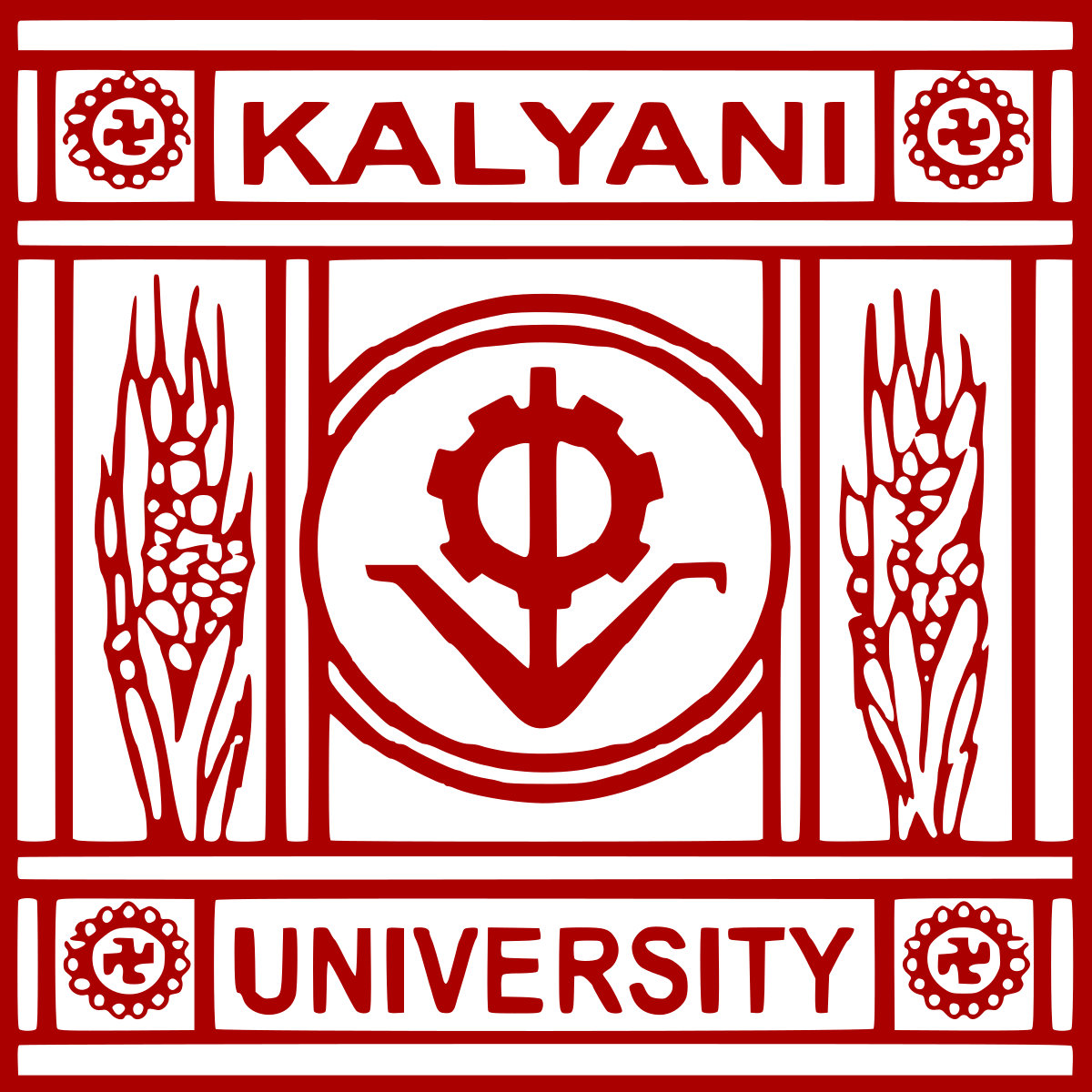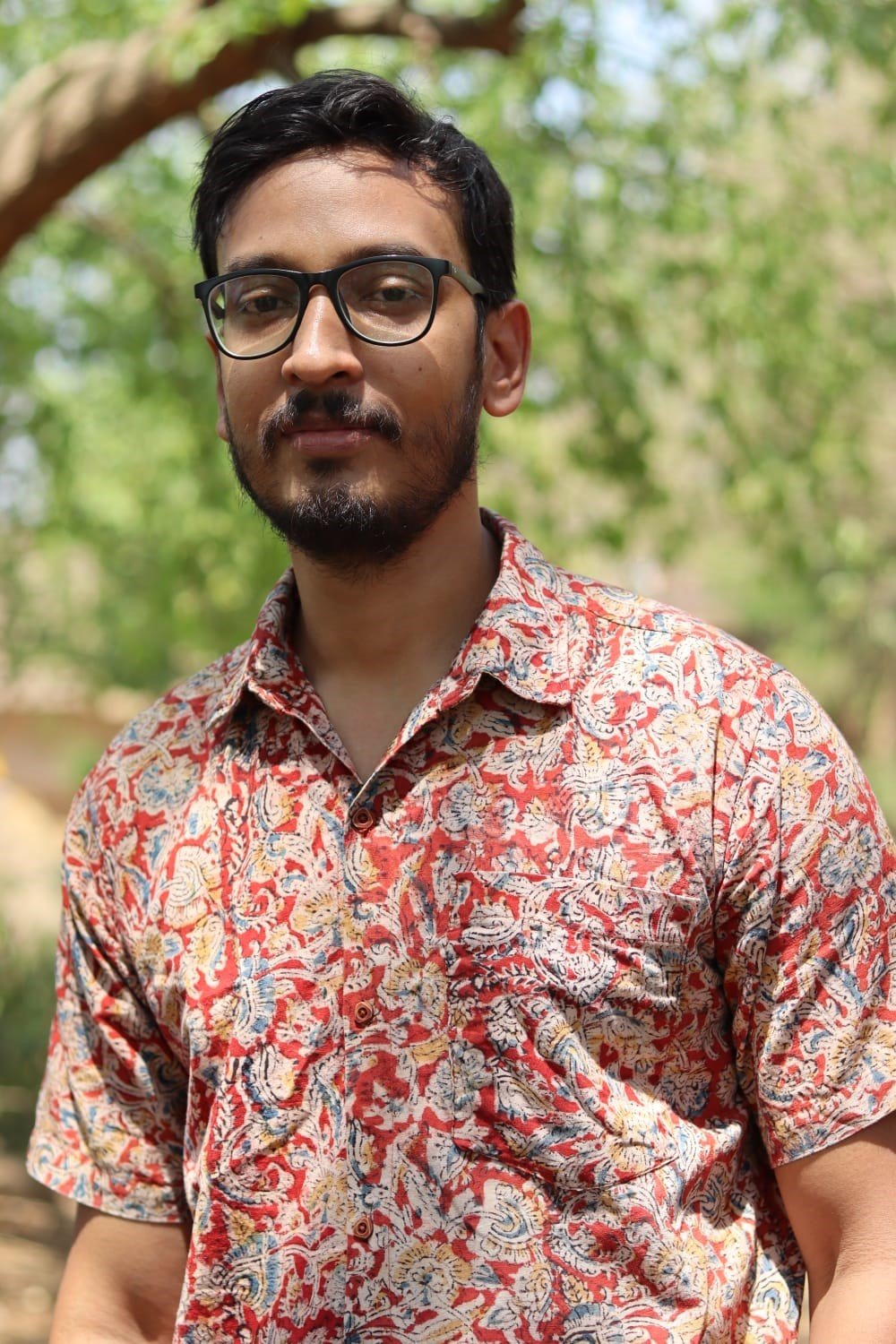Bengali
Menu
About The Department
Prof. S. Nurul Hasan college was established in the year 1994. The Department of Bengali started its journey as a subject for general course students under the University of Kalyani. Later in 1998, the Honours course was introduced. Over the years, numerous students passed out with glorious results.
The Bengali Department is a hub for the study and appreciation of Bengali language, literature, and culture. It focuses on the rich history of Bengali literature, from its classical roots to contemporary works. Students have the opportunity to explore a variety of texts, including poetry, prose, drama, and historical literature. The department plays a vital role in preserving and promoting the linguistic and cultural heritage of Bengal.
In addition to literature, the department encourages the study of Bengali linguistics and philology, allowing students to understand the language’s structure, development, and evolution over time. Through courses on grammar, syntax, and semantics, students develop a deep understanding of how the Bengali language functions along with its historical influences. The department often collaborates with other disciplines, such as history and philosophy, to offer a well-rounded curriculum.
The department also actively engages in research, fostering a scholarly environment for both students and faculty. Regular seminars, conferences, and workshops are organized to discuss new trends and research findings in Bengali studies.
The Bengali Department is a hub for the study and appreciation of Bengali language, literature, and culture. It focuses on the rich history of Bengali literature, from its classical roots to contemporary works. Students have the opportunity to explore a variety of texts, including poetry, prose, drama, and historical literature. The department plays a vital role in preserving and promoting the linguistic and cultural heritage of Bengal.
In addition to literature, the department encourages the study of Bengali linguistics and philology, allowing students to understand the language’s structure, development, and evolution over time. Through courses on grammar, syntax, and semantics, students develop a deep understanding of how the Bengali language functions along with its historical influences. The department often collaborates with other disciplines, such as history and philosophy, to offer a well-rounded curriculum.
The department also actively engages in research, fostering a scholarly environment for both students and faculty. Regular seminars, conferences, and workshops are organized to discuss new trends and research findings in Bengali studies.
Vision
To be a center of excellence in Bengali language, literature, and cultural studies, fostering critical thinking, creativity, and a deep appreciation for the literary and cultural heritage of Bengal. The department envisions nurturing socially conscious and academically proficient individuals who contribute to the preservation, enrichment, and dissemination of Bengali language and literature in both regional and global contexts.
Mission
- To provide comprehensive and inclusive education in Bengali literature, linguistics, and cultural studies.
- To cultivate a passion for literary analysis, language learning, and cultural appreciation among students.
- To encourage interdisciplinary learning through collaboration with other academic fields such as history, philosophy, and sociology.
- To promote research and scholarly engagement through seminars, conferences, and academic writing.
- To preserve and propagate the rich linguistic and cultural traditions of Bengal while equipping students with modern academic and professional skills.
- To inspire students to become thoughtful, articulate, and responsible citizens with a strong grounding in their linguistic and cultural roots.
Additional Details
Faculty Members
Invitee Teacher || Dept. of Bengali
SACT || Dept. of Bengali
Assistant Professor || Dept. of Bengali
Assistant Professor || Dept. of Bengali
SACT || Dept. of Bengali
SACT || Dept. of Bengali
SACT || Dept. of Bengali












